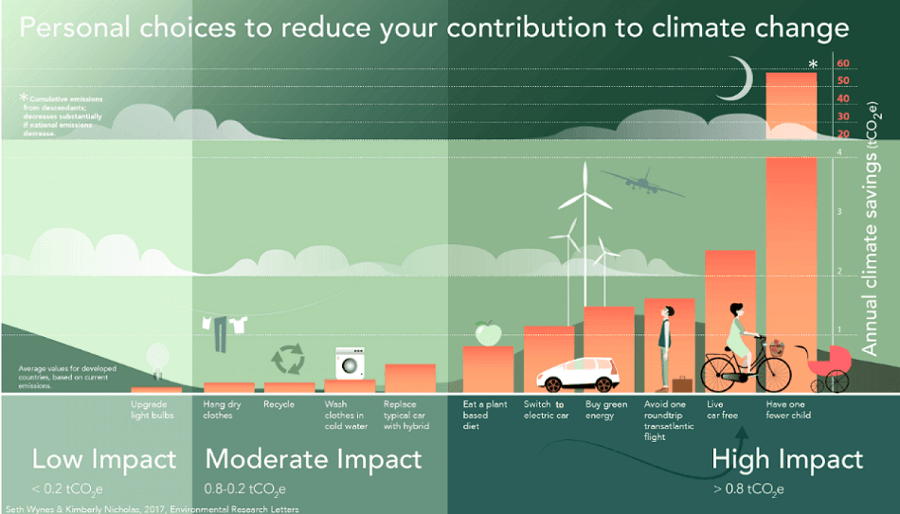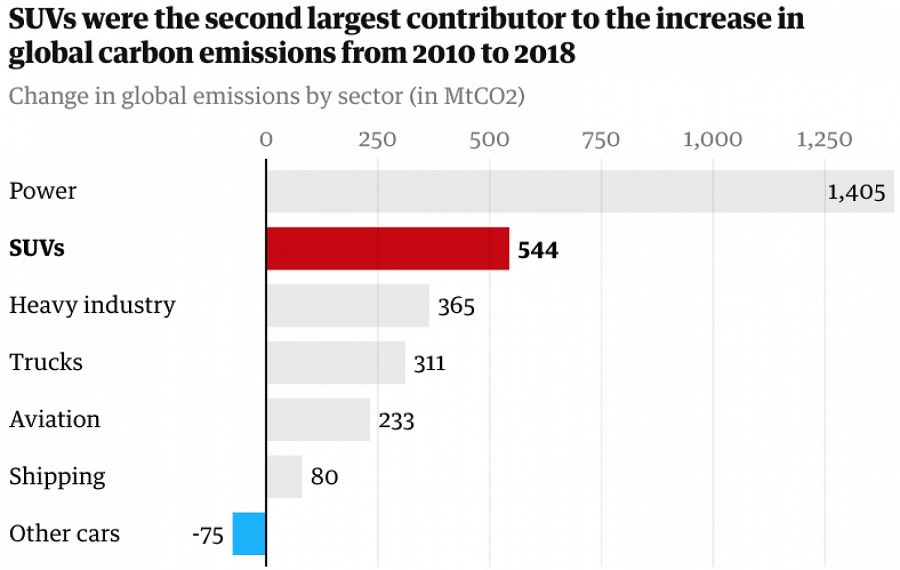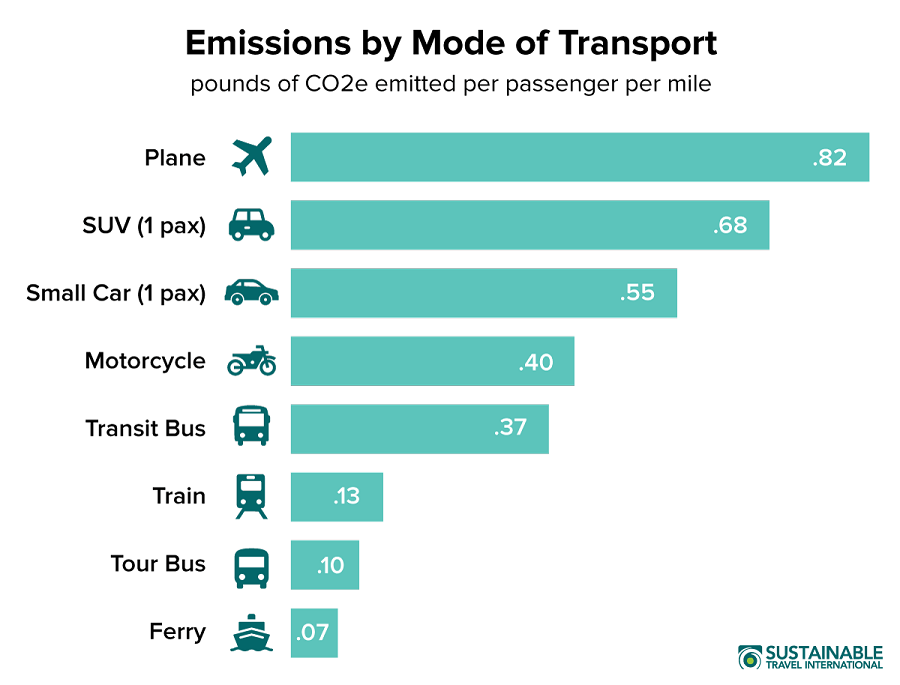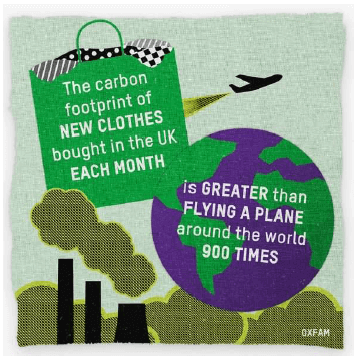We all need to work together and act now to make positive changes to the way we live, work, and move around in order to reduce carbon emissions and limit the climate crisis.
Some examples of individual actions are below; there are groups in Fife and beyond that can help you achieve these and wider community actions.
It is a big ask, especially now, to make lifestyle changes to reduce your carbon emissions and help make your home resilient to climate change. The first step is the hardest and you can get help from others.

The most useful first step is often to do a carbon footprint. There are loads of online tools out there, but a simple one is by the WWF which should take 20 minutes. You add your gas, electricity, fuel, travel etc and the carbon emission are worked out for you.
Back To Top- Where you can, invest in energy efficiency measures and follow advice to help reduce energy use. Financial support is available for many of these measures visit Home Energy Scotland. There’s a fair few leaflets here on practical and cheap energy saving measures as well as some more involved measures.
- Help nature thrive in any outdoor space you have by allowing vegetation to dieback naturally, planting wildflower meadows, and creating spaces to naturally flood in times of high rainfall.
- Using sustainably sourced wood allows a greater and faster development of sustainable woodland businesses, protecting the natural carbon storers of the planet.
- Use peat free compost, peatlands are one of Scotland's best resources for removing carbon from the air. Using peat in compost releases some of this stored carbon and limits the carbon that can be removed from the atmosphere. Where you can, support peatland restoration and forest creation.
- Try to leave the car at home if it's possible to use public transport, cycle, or walk
- If you have a car, could you switch to a greener version?
- Consider your working practices and use remote working where possible to cut down on business travel. Use online conferencing facilities, rather than travel for employment and business purposes. This will reduce commuter travel and consequential emissions
- Consider if you can work, shop and socialise locally. This will help reduce emissions from driving to other more distant locations, and has the potential to help revitalise local communities
- Think about staycations. Being aware of the carbon cost or the ability to offset your flights is important for the coming decade of action that is needed. Check out Climate Action Fife’s staycation project
SUVs are on the rise and adverts make them seem like a must-have for all and such a practical choice. But did you know they can emit as much carbon as your portion of a passenger flight if you drive about alone?
Check out this graphic from the International Energy Agency in an article in the Guardian. The IEA’s definition of “SUV” covers a range of cars from crossovers to off-road vehicles.


Image from Sustainable Travel International
Green Travel links below:
Back To Top- Make reuse and recycling an essential part of your day-to-day life. Visit our recycling page for more information
- Move away from ‘fast fashion’ clothing choices. Instead, buy good quality, sustainable or second hand
- Seek out sustainable products. Sustainability in production, as well as the lifecycle costs of a product, are important to carbon reduction and the planet. Additionally, when you finish with a product, its ability to be reused by someone else, or repurposed, recycled or passed on, is also so important
- Before you buy a new car, think - do I need a new car? If you don’t need a car, look at car sharing clubs as an alternative. If you do need to buy a new car, and can afford it, make it electric.

- Ensure you eat a healthy diet, with more local and seasonal ingredients, reducing meat consumption. This reduces carbon emissions from food dramatically. (Food Standards Scotland have a well-established set of guidelines on healthy eating.)
- A lot of us have been comforted by food this past year and tried our hand at growing our own. Growing your own food reduces the carbon emissions from production and transportation
- Reduce food waste as far as possible; recycle food waste where you can’t avoid it to prevent it going in the landfill bin
For more information on food, visit Nourish Scotland or Love Food, Hate Waste
Did you know....? The largest sector source of food waste in Scotland is Household & Consumer (61%). In 2014, Scottish households threw away around 600,000 tonnes of food and drink waste. Household food waste alone accounts for 1.6 million tonnes of carbon dioxide equivalent emissions; this is 2.1% of Scotland’s carbon footprint.
Back To Top- Encourage your workplace, school, or community to reduce its footprint by considering any positive changes that could be made from the tips above.
- Talk about your experiences to help normalise action and encourage others to act
- Consider the wider impacts of your actions, including from any money you've invested (see Finance below)
- Finance and choosing where money is invested is critical to the future of our planet. You could change your bank to one that supports environmental projects and that does not invest in oil and supports an ethical and environmental investment portfolio. You could also ask your pension provider where your pension was invested and request only ethical and environmental investments
- Supporting environmental charities help conservation and give something back to our planet. Suggested charities, from WWF animal adoptions to local wildlife, nature and marine reserves. Supporting such areas of habitat are not only good for wildlife, but they also make great carbon sinks.
- Taking action and having your voice heard is very important. Email politicians and businesses regularly with ‘green’ ideas. Sign those petitions, join those events and climate action groups.
Scottish Government and governments the world over are recognising that major societal change is needed. As individuals, you can only do so much, but every little helps. Your voice can be a loud one. It was the actions of children that brought about the declarations of a Climate Emergency by the UK, Welsh and Scottish Governments in 2019. You can bring about big changes as well as make small ones. It all adds up.
Help bring about change where you live
Joining a local group taking action on climate change can bring about the biggest impacts. Some local groups are listed below. All these groups belong to a network of groups called Fife Communities Climate Action Network (FCCAN)
- Burntisland Community Development Trust
- CLEAR Buckhaven & Methil
- The Ecology Centre
- Falkland and Newton of Falkland Community Council
- Greener Kirkcaldy
- Kinghorn Community Land Association
- Methilhill Community Children’s Initiative
- Newburgh Train Station Group
- PLANT (Tayport Community Trust Gardening Group)
- Rosyth Community Projects Ltd
- St Andrews Environmental Network
- Sustainable Cupar
- Transition University of St Andrews
If you want to set up a group or a project, you can find out more about Community Group Funding and Support.
Explore - there’s lots of information out there. Just be careful that it's from a trusted source.

